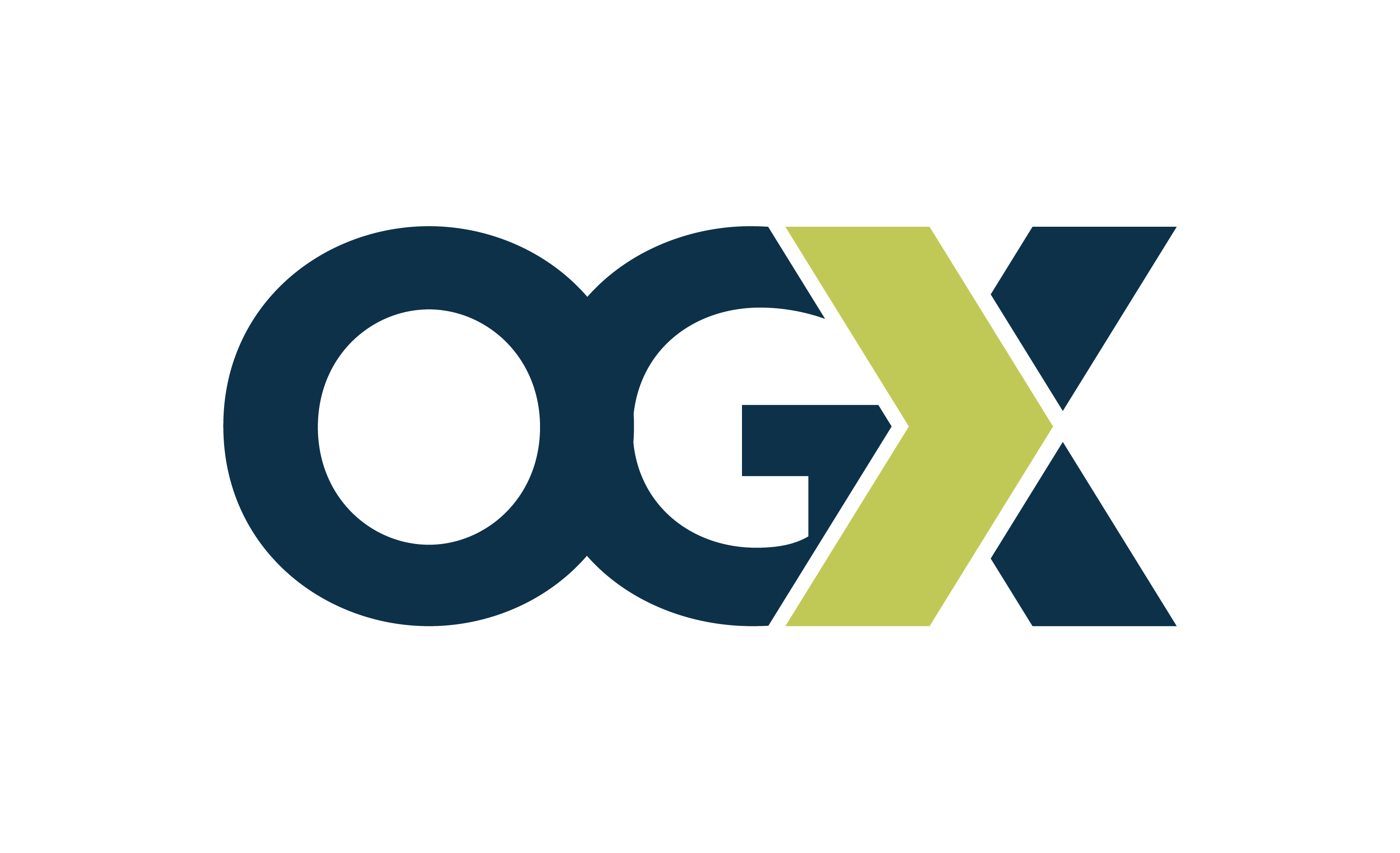[vc_column_text]With the majority of the world under quarantine or stay-at-home orders, wrapping our minds around the momentous changes happening every day is a challenge. As we sit at home, traditional economic and social orders are being overturned, forcing millions of businesses to change how they work. Every enterprise, from a neighborhood bar to a Fortune 500 company, is rethinking its business strategies and adapting to what many are calling the next normal.
We’ll be looking at seven ways global business priorities are shifting as we move into the post-COVID-19 era — and how these changes will shape our lives.
The Origin Of The Next Normal
Informed by my personal experience during the time after the civil war in Liberia, the “next normal” refers to the way that businesses, organizations and individuals will operate post-COVID-19. In Liberia, people took to calling the time before “war time” the “normal time,” after which came “current time.”
They were unable to consider anything after the war normal. We believe we may be on track for a similar situation here — life after COVID-19 will be so different that calling it the next normal almost seems appropriate.
Seven Trends Redefining Our Business Priorities
Businesses must make strategic changes in order to adapt to this next normal. The most agile and thoughtful have already done this, such as instituting new work-from-home policies, making payment processing available online and leveraging robotic process automation.
The following seven trends are shaping the way businesses are redefining themselves and their priorities post-COVID-19.
1. Retooling Business Strategy And Business Models
In order to survive and thrive, businesses must immediately redefine their business strategy and operations. They should take into account both short- and long-term challenges from, say, securing personal protective equipment for their on-the-ground workforce or responding to changing consumer demand.
We’ll likely see a huge shift in the way that we view hygiene, as well as physical proximity. These attitudes will change how everything, from restaurants to retail, operates. Past and present resilience is a good indicator of how well they’ll rebound.
2. Rebuilding For Agile Operations
In addition to resilience, businesses will need to prove they can be agile when faced with challenges like a disrupted supply chain or a COVID-19 outbreak among their staff. Businesses that are able to quickly pivot their operations will be the most successful.
A survey from PwC done in early May 2020 found that only 30% of CFOs surveyed were confident they could identify new revenue opportunities for their company. Creativity and agility are going to be highly prized moving forward, and it’s likely some companies will struggle.
3. Reliance On A Decentralized Workforce
The best managers and CEOs will tell you that people are a company’s greatest asset. In order to safeguard them, many businesses have moved to a work-from-home model while social distancing restrictions are in place. Some businesses, like Twitter, plan to keep work-from-home as an option moving forward.
Allowing employees to work from home demonstrates trust, but it needs to be done right. This involves deploying collaborative applications such as Microsoft Teams, Slack or Zoom, as well as instituting robust security policies and procedures for work-from-home employees. It remains to be seen whether companies will continue to embrace the cost reductions, efficiencies and employee engagement benefits of maintaining a remote workforce.
4. Resilient Supply Chain
We are reliant on a manufacturing network that spans the globe. Since the beginning of COVID-19, many links in the global supply chain have been disrupted by both illness and a rapidly expanding network of quarantine zones that slowed and, in many cases, halted movement.
In the future, more resilient supply chains will be required to ensure that businesses can operate uninterrupted. Steps toward a resilient supply chain include reshoring, restructuring and reducing reliance on China.
5. Reimagining Digital Transformation
Many companies that may have put digitization of operational processes on the backburner are quickly realizing that this task has never been more important. “This is how it has always been done” doesn’t cut it anymore.
Remote working has shifted everyday processes online, and it’s vital to ensure people can safely and securely access work documentation from home.
This is forcing businesses to rapidly adopt digital tools and technologies to support their operations. Some are deploying blockchain to manage contracts and complexities — and to create transparency within supply chains. Artificial intelligence and machine learning are being used to identify inefficiencies and drive them out of operational and administrative processes, reducing costs and improving outcomes. Additionally, utilizing digital workers or robotic process automation can lower operating costs, with the added benefit of lower — or zero — error rates.
6. Rethinking Enterprise Risk Management
COVID-19 has put different approaches to enterprise risk management into perspective. Some companies responded immediately to employee or supplier sickness, while others took a more cautious, wait-and-see approach.
In times of economic growth and prosperity, considering ERM becomes rote. However, health crises force businesses to ensure their ERM strategies are geared toward serving their long-term needs.
7. Refocusing on Continuous Improvement And Innovation
Many businesses are already working hard to build lean organizations that drive innovation. This means all possible waste is eliminated, costs are trimmed and workflow is simplified and streamlined.
Forward-thinking business leaders are empowering their employees to find improvement opportunities that can accelerate performance and spark innovation within their business units. These efforts and initiatives are becoming the mainstay for businesses as they navigate the post-COVID-19 era.
What Will These Trends Mean for You?
The scale of operational transformation brought about by COVID-19 is immense.
Over 40 million Americans have lost their jobs in the last 10 weeks. Unless companies can identify and leverage some of these trends redefining business priorities, there will be many more to come. The scale of the next normal is still being determined.[/vc_column_text]


